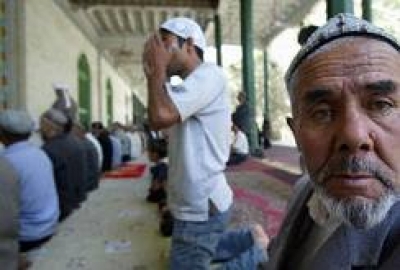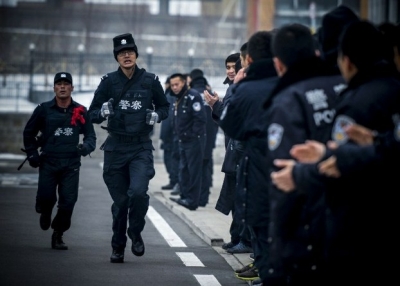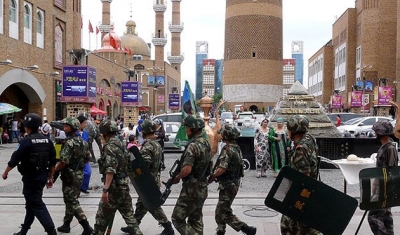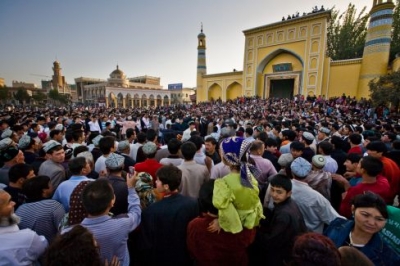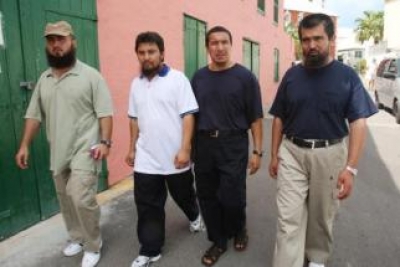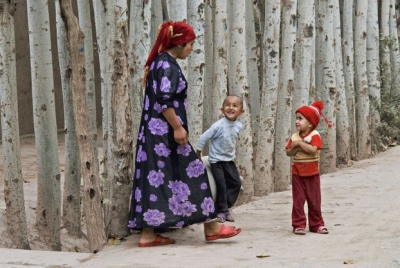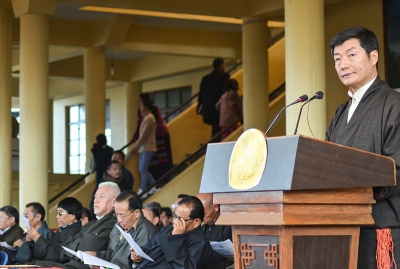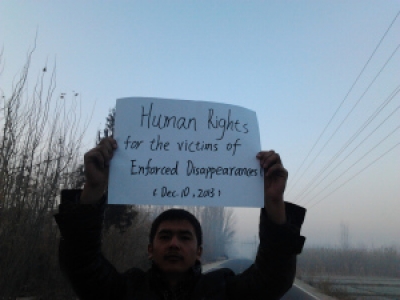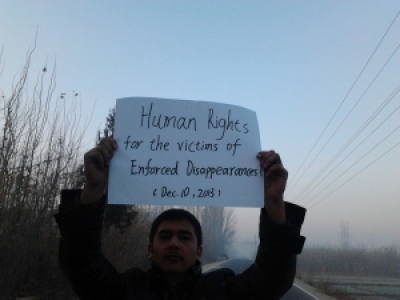My name is Mutellip Imin. I am from Lop County in the Xinjiang Uighur Autonomous Region of China. From July 15 to October 1, 2013, I was incarcerated by the Xinjiang police in three different hotels, without any legal procedures. On the evening of July 14, 2013, I arrived at Capital International Airdrome in Beijing and went to the ticket counter to check in for my flight from Beijing to Istanbul. The ticket agent told me to wait and left with my passport. I was waiting for an hour until I was taken to the Airdrome police station where my backpack and PC were inspected. The customs agents told me that there were no suspicious items found in my belongings and that I would not miss my flight to Istanbul. I was, however, retained at the police station until two police officers came to inform me that I was wanted by the police in Xinjiang. My passport, cell phone, Turkish residency permit, and my Turkish language proficiency certificate were all taken by the police, and I was handcuffed and brought to the repatriate center near the Airdrome. On the way, I begged the officers to let me contact my loved ones. They refused even to send my girlfriend, Atikem, a message that I was incarcerated. They told me I would be able to contact my relatives when I got back to Xinjiang.

